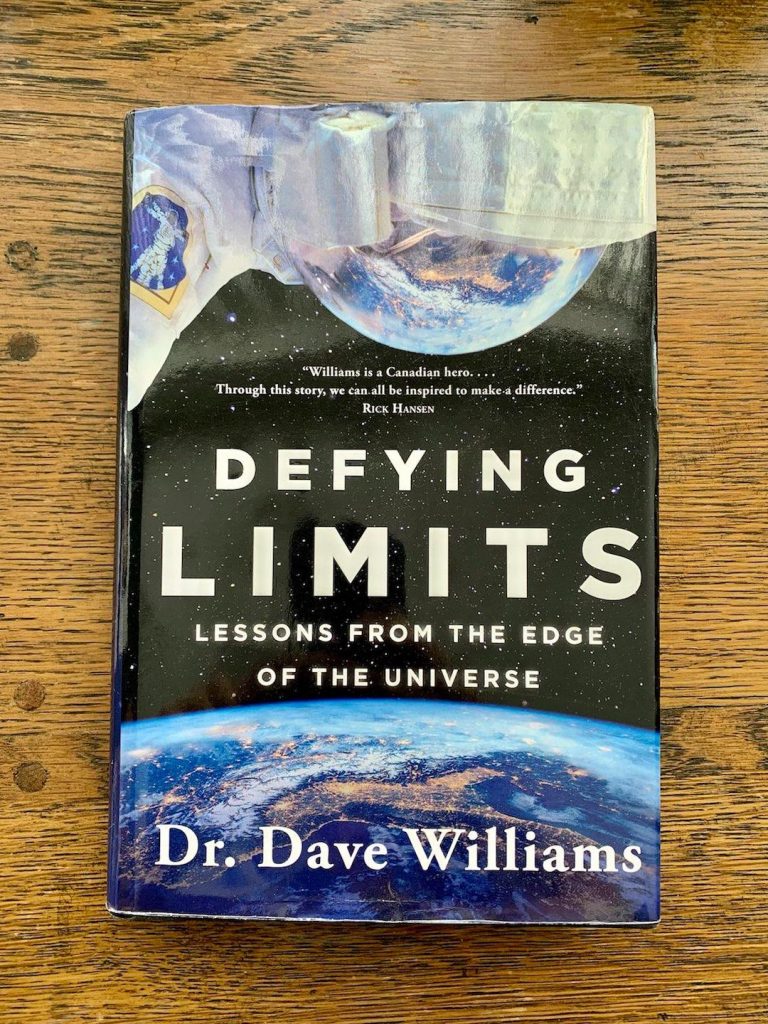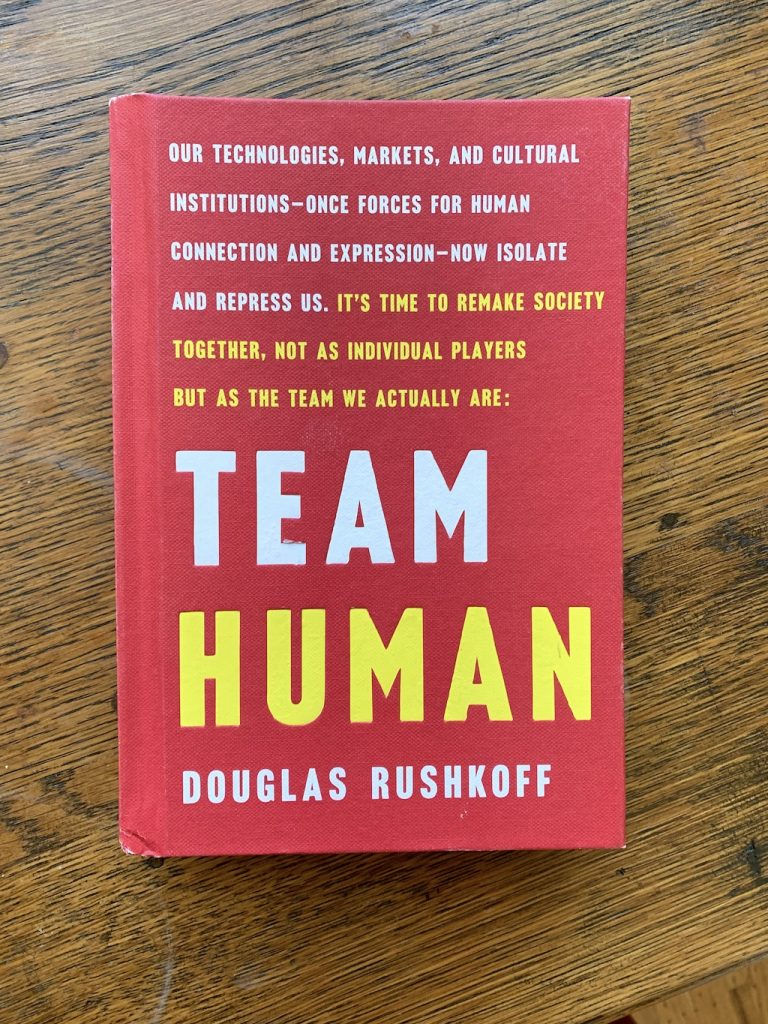
To be frank, I got this book because I liked the owl on the cover, and I have a thing for owls! If you are into machine learning and artificial intelligence thought experiments, you would want to read Superintelligence.
According to the Swedish author, Nick Bostrom, Superintelligence is any intellect that greatly exceeds the cognitive performance of humans in virtually all domains of interest. He believes if machine brains surpass human brains in general intelligence, this new superintelligence could replace humans as the dominant lifeform on Earth. The book explores multiple scenarios that superintelligence can happen and how we can detect or possibly contain it.
I think, by the time a superintelligent agent is born, it will be too late, and it will either kill us all or adopt us as their pets!
Nick Bostrom is a Professor in the Faculty of Philosophy at Oxford University and founding Director of the Future of Humanity Institute. This book has small text, long sentences, and sizable paragraphs, so it takes a committed reader to make it to the other side of the book.



